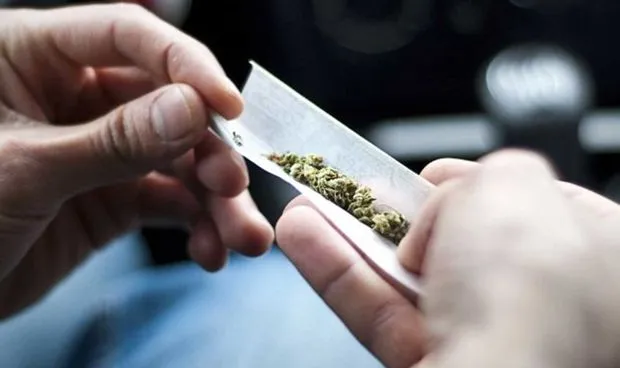A recent study suggests that people with type 1 diabetes may be more likely to develop potentially fatal complications when they consume cannabis.
The researchers surveyed 450 patients with type 1 diabetes in Colorado, where cannabis is legal for medical and recreational use.About 30 percent of the participants consumed cannabis.
Compared to non -consumers, cannabis consumers had approximately twice as risk of suffering a serious complication, known as diabetic ketoacidosis, which develops when blood sugar rises too much time and the body produces high levels of known acidsLike ketones.If not, ketoacidosis can cause severe dehydration, swelling in the brain, coma and death.
high ketones, mortals
It is possible that the vomiting caused by the prolonged use of cannabis can cause dehydration that can increase ketones and ketoacidosis in people with type 1 diabetes, explained viral Shah, main author of the study, of Barbara Davis Center for Diabetes at theUniversity of Colorado Anschutz Medical Campus In Aurora.
"Diabetic ketoacidosis is an emergency and the patient with diabetes should go to emergency if it has symptoms"
"High ketones can be potentially mortal if they are not treated in time, and patients may have nausea, vomiting, abdominal pain, lack of breath and, rarely, confusion or alteration of consciousness," Shah said by email."Diabetic ketoacidosis is an emergency and the patient with diabetes should go to emergency if it has symptoms."
The condition is usually treated with intravenous fluids to hydrate the body and replace electrolytes and insulin to control blood sugar.
blood sugar level dangerously high
Study participants generally had poorly controlled diabetes, according to hemoglobin blood A1C (HBA1C), which reflect the average blood sugar levels for approximately three months.Generally, people with type 1 diabetes are recommended to maintain their HBA1C levels below 6.5 percent.
Participants who consumed cannabis in the study had an average A1C readings of 8.4 percent, which represents a level of dangerously high blood that can increase the risk of heart attacks, strokes, renal insufficiency, blindness, amputations and death.
Users who did not consume cannabis had an average A1C readings of 7.6 percent, even higher than ideal, but not as dangerous as the levels for people who consumed marijuana.



